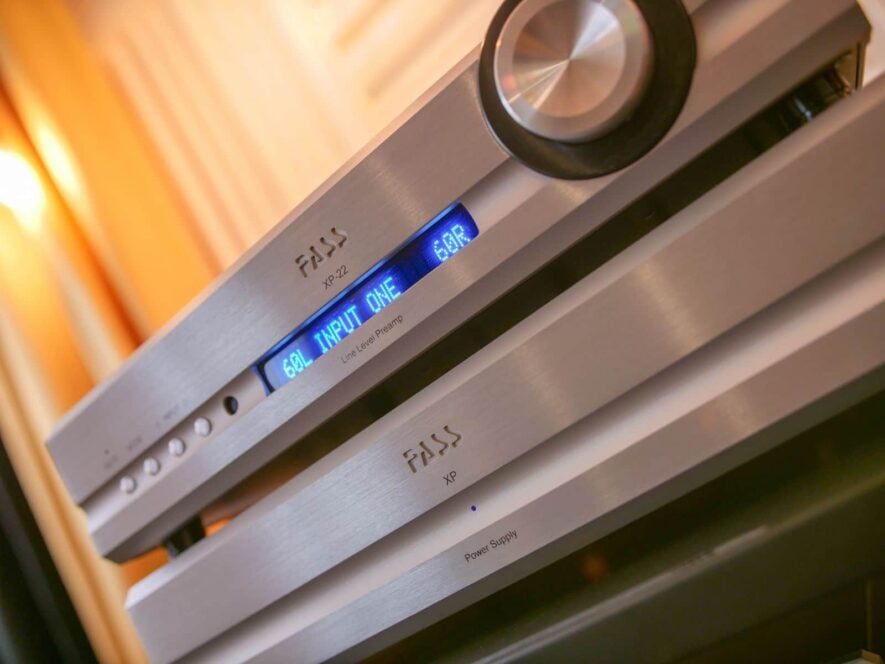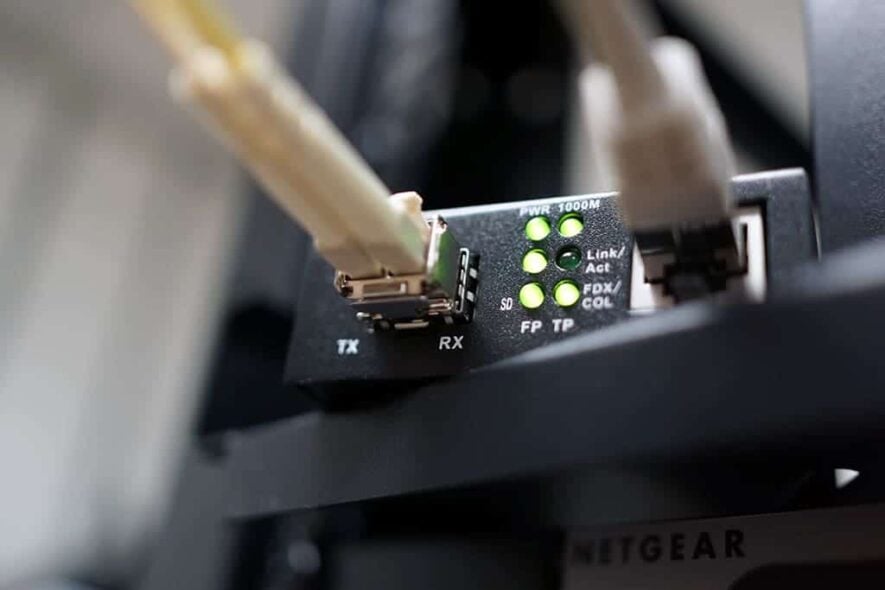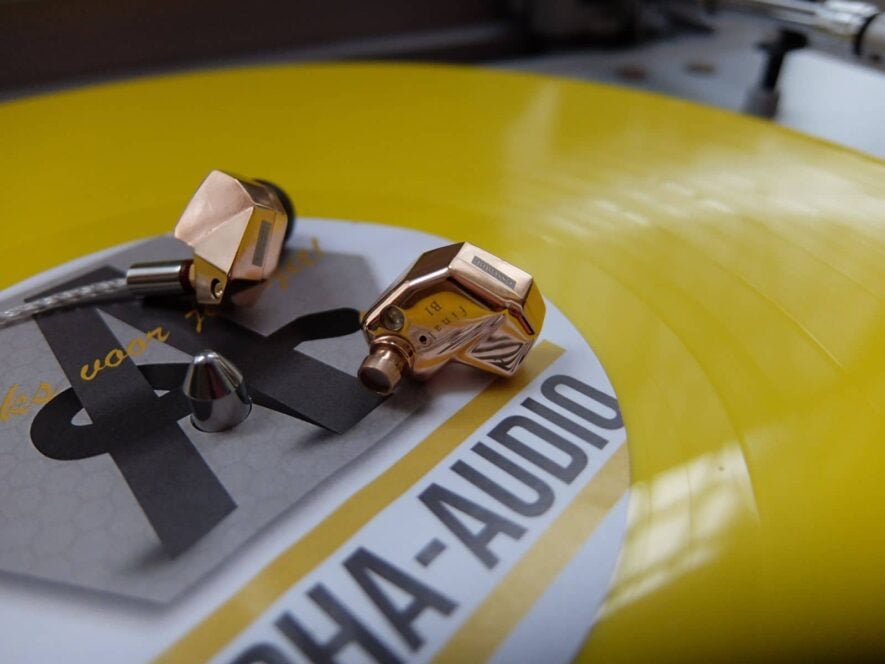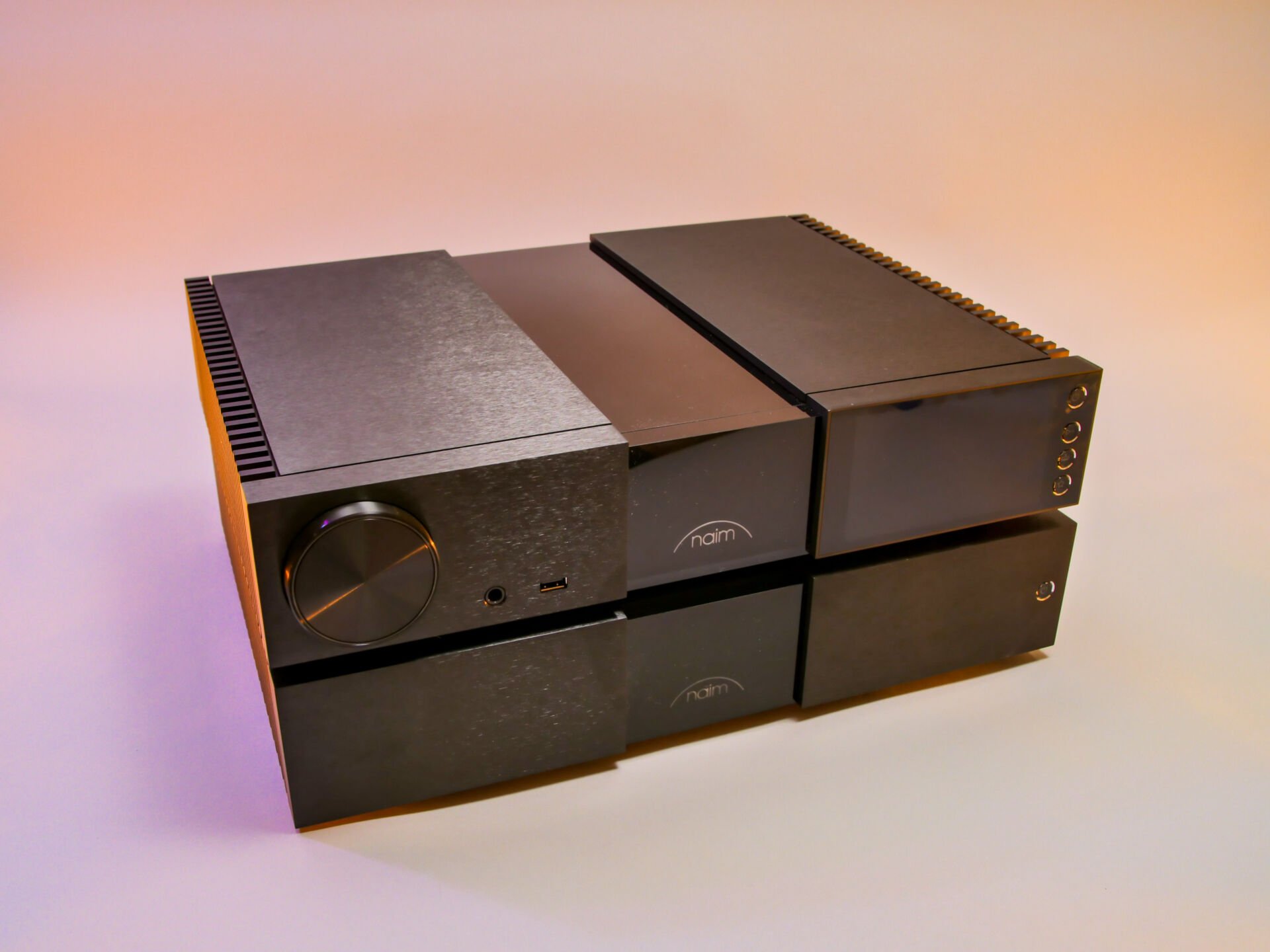

Portishead Roseland NYC Live has been remastered. Readers probably know that I am a big fan of Portishead. So full of hope I downloaded the remaster. Live NYC is really a wonderful album and if it is properly and carefully polished, it must be a gem for the music collection…. Boy… Was I wrong!
Remasters… it’s more often a miss than a hit. Music enthusiasts collect the originals for a reason. Now colleague Geoffrey pointed out to me earlier differences between streaming and CD. And now it’s not so much the medium that makes the differences; it’s – my opinion – the masters.
Compression
Many of the CDs I have in my collection are originals. After all: bought them on the day of release, or shortly after that. All Portisheads, Massive Attacks, Metallica’s and, for example, Dire Staits and Sting albums are just original masters. At least: as far as I know.
During a short – quick and dirty – test between streaming from Tidal / Qobuz and the ripped albums, a clear difference is audible. Without exception in favor of the ripped CD. Yes: it is mostly recorded a bit less loud, but that does not make the difference: it is the freedom and lack of annoying compression. As a result, the recording seems to show more detail and openness, but that is deception…. a lot of calmness is lost. Natural calmness, dynamics and layering. And that’s what we all strive for in our hobby, right?
And Roseland NYC Live?
Honestly: the remaster of Roseland NYC is completely fucked up in my opinion. The “trick” with compression has been applied again. A few samples in Audition make that painfully clear.
Above is an example of the song Roads. It is immediately obvious that a compressor has been applied to it. In the process, the new one sounds “thicker” than the original. Why? It’s not necessary at all.
Now with this album, it’s not just the compression that triggers some annoyances. That’s not necessarily a bad thing. And not every track on the remaster is louder. It’s the atmosphere that has been masterfully mixed out.
Roads is one of my favorite Portishead songs. And the live version in particular is full of emotion and atmosphere. In the remaster, most of that has been mixed away. How? No idea… i just don’t feel it anymore.
And that goes for most of this remaster: it’s drier, there’s more compression (more hall audible and also background effects have been brought up)… a real shame. And unnecessary.
Why?
The big question, of course, is. why? Why are remasters made this way? Why pull a recording through the console again and then make these choices? Surely a Mastering Engineer himself must feel that things are lost? And that striving for perfection includes preserving the artist’s intention? Or better… JUST means preserving the artist’s intention….
I am curious to hear your opinion…. what are your experiences with remasters? Leave it in the comments!










Hi Jaap I remember when I was younger I got very excited about remastered CDs and couldn’t wait to ‘replace’ my original discs….in most cases I was disappointed and didn’t understand at the time the whole ‘ loudness wars’ which has since been much talked about. ( quite often ‘remastered can be synonymous with money grab!)
Older and hopefully wiser, I am very selective now- followed a tip from Darko recently and bought Tricky’s ‘Maxinquaye Reincarnated’ and have not been disappointed!!!
Ps thanks for the great content this year – and the live streams.. just brilliant! Happy Christmas
Thank you for the kind words! And yes… remasters are mostly for making money… It’s sad but true :-(.
Interesting!! I agree with you 100%, 95% of the music i listen to is pre 1996. I don’t think there’s a single remaster that i like compared to the original recordings. However i’m a sucker for Qsound recordings.
Just tried the new Muse Absolution XX edition. It sucks… Again. Too bad.
The recent Thriller remaster was good imo, better than the 25 yrs one. Replacing/dropping versions silently and replacing them in my library without me knowing is one of the main reasons I started buying music again (that and an internet outage that confronted me with a limited choice of only my oldies).
There’s a lot going on that we don’t know, especially on the streaming end. Filters, compression algo’s, … all kind of funny stuff to deliver music in a cost and bandwith effective manner, optimized for low quality bluetooth endpoints. Even the original version was likely mastered in a few variations, depending on the target medium. They’re not telling us what they did or what little corrections were made between the various pressings.
Now CD is not the holy grail either imo, I’ve purchased digital versions of albums I ripped to CD and the downloaded digital sounded better than the ripped CD. There are no known remasters so both should be the same but they’re not. Early days CD was pretty thin and the transport had to add some body in the output to compensate, did they add that body in the digital or is it something else, don’t know but I’m also not blindly going to the CD version anymore.
Yes… adding, replacing and removing albums is very frustrating. I buy a lot of music for that reason as well.
I still want to investigate the signal-path from server to streamer. I am not sure I am allowed to know everything ;-).
Ik heb die Portishead ook, hoe zie ik nou of t de remaster is of de orginele persing?
Je ziet het aan het jaartal. De remaster is van 2023. Bij ROON staat het jaartal van release erbij.
Think about the original master. Most likely it will have multiple tracks. Blending these into 2-channel stereo at the very least involves addition and multiplication by a fraction for each time-sample. If the samples are recorded digitally, they are most likely integer numbers, typically 16- or 24-bit. Suppose the remastering engineer wants one third of track 1 to be mixed with two-thirds of track 2. Most integers do not divide exactly by three, in binary or decimal notation. So there is most likely a rounding error on each track. Adding the two tracks can double the rounding error. The more tracks, the worse the issue.
It seems to me less of problem with classical recordings which are likely to start with fewer tracks, and worse with multi-track pop / rock where the re-mastering engineer often seems to have damaged hearing!
I note that the recording company 2L use floating-point (fractional) numbers at a very high frequency to mitigate the rounding problem. They ‘re-master’ to CD, SACD and multi-track surround sound formats including Dolby Atmos. Quite superb
Een bekend verhaal. Probleem is dat de opdrachtgevers voor remastering zelden de artiesten en originele producers zijn. Je moet dit soort remasters dan ook meer beschouwen als ‘deliveries’ of afgeleiden met een bepaald doel zoals Spotify en de gigantische doelgroep van luisteraars onderweg met omgevingsgeluid.
Voor hen die dit nog niet gezien hebben, kijk en luister even naar Michael Fremer die als getuige/deskundige optrad in een proces over de abominabele remaster van Michael Jackson’s ‘Bad’. Zeer de moeie waard. https://www.youtube.com/watch?v=NMfppnJs3vM
Ik check even Tidal en zie tot mijn schrik alleen nog maar de 2012 remaster van Bad. Het voelt een beetje alsof de poten onder mijn audiofiele stoel vandaan worden gezaagd.
Jaap, you look like a first-timer 😛 Search first at dr.loudness-war.info before spend the money!
DR8. Min DR6 – Max DR9
-> https://dr.loudness-war.info/album/view/203822
You learn every day. I know that website… still… I keep hope 🙂
John Darko bracht onlangs een artikel en video uit over dynamic range, hoe hierop in de loudness war steeds meer werd ingeboet en welk effect dit heeft op de kwaliteit. Remasters vertonen bijna altijd een lage dynamic range. Bv. mijn recent aangekochte 50 number ones van Madonna. Leg dat naast mijn Queen vinyl box set uit 1986 en het verschil is shockerend.
Waarom men dit bewust doet, is nog shockerender.
De hifi markt zal relatief klein zijn, de meeste mensen geven geen zier om kwaliteit omdat ze het niet horen of willen horen(?) of omdat ze geen andere referentie hebben.
Groeten Pieter
You comment on the English version, so I will answer in English ;-).
I guess we are a niche… But hey… we have a voice as well. And in the end I guess it is all about transfering the intention of the artist to our living room. And in my opinion, that’s best done with a decent hifi systemen and good recordings.
Paar jaar terug op bezoek geweest bij de Wisseloord studio waar dit een onderdeel van onze meting was, het verschil gehoord tussen de originele Thriller cd van Michael Jackson en de 25 jr
anniversary versie. Origineel had de groove, anniversary versie miste iedere sfeer.
Het gaat niet om de kwaliteit, het gaat om de pegels die de platenmaatschappijen willen verdienen. Studio engineers in de Wisseloord studio’s moeten op verzoek versies remasteren voor ieder radio station om hun eigen geluid te laten horen, uiteraard met de nodige compressie. Koop dus de originele en laat de remasters liggen.
Hey Paull,
This is the English article, so I will comment in English, if you don’t mind. I am familiar with the Jackson-demo. The difference between the original and the remaster is indeed shocking. On the Portishead-remaster there is a track called Sour Times. On the remaster it is 4:00. On the original it is 5:21. What, in gods name, did they do to this track… shocking.